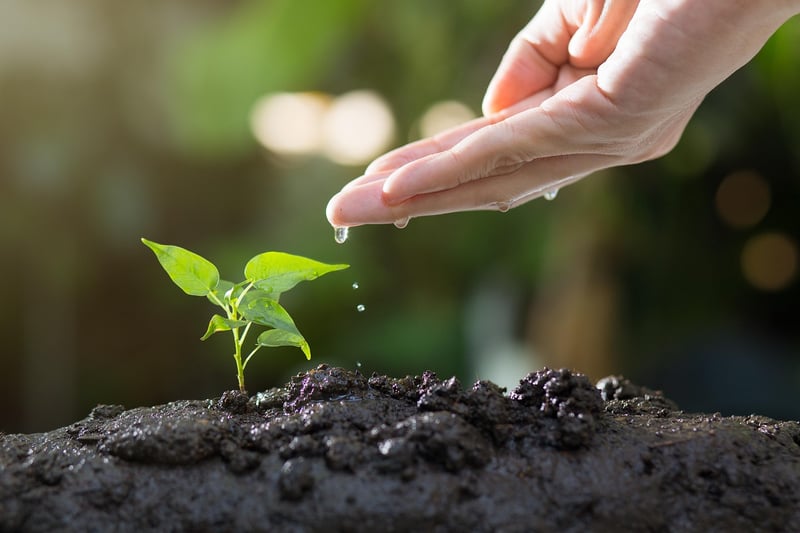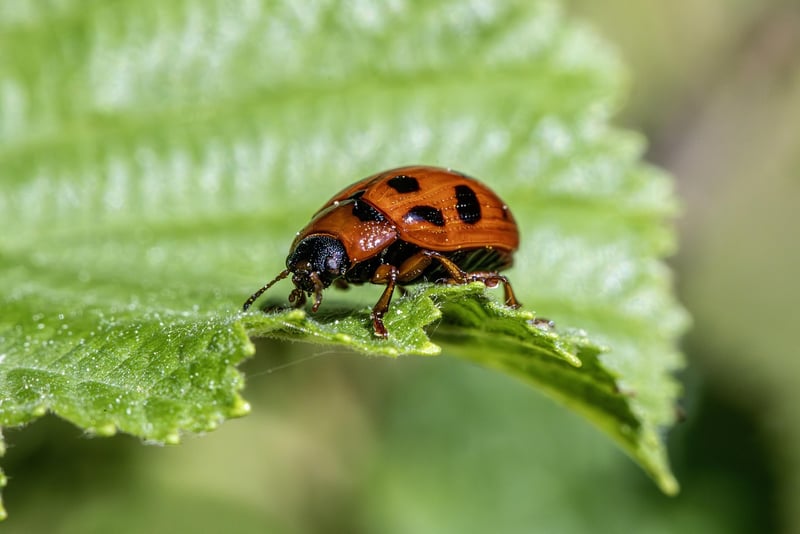Pest Management
Essential Care Guidelines for Healthy Plants + Pest Management
Introduction
Welcome to our guide on essential care guidelines for maintaining healthy plants and effective pest management strategies. Whether you are a seasoned gardener or just starting with your green thumb journey, these tips will help you keep your plants thriving and pest-free.
1. Light and Water
Plants need the right balance of light and water to photosynthesize and grow. Ensure your plants are placed where they can receive adequate sunlight based on their specific requirements. Likewise, water your plants as per their individual needs to prevent over or under-watering.
2. Soil and Fertilizer
Use well-draining soil mixes suitable for the type of plants you are growing. Fertilize your plants regularly with organic or balanced fertilizers to provide essential nutrients for healthy growth.
3. Temperature and Humidity
Maintain appropriate temperature and humidity levels in your plant environment. Different plants have varying temperature and humidity preferences, so it's essential to research and cater to their specific needs.
4. Pruning and Grooming
Regularly prune your plants to encourage new growth and maintain their shape. Grooming includes removing dead leaves, flowers, or any signs of disease to keep your plants healthy and visually appealing.
5. Pest Management
Despite our best efforts, plants can still fall victim to pests. Implement integrated pest management techniques such as introducing beneficial insects, using insecticidal soaps, or neem oil to control pests while minimizing harm to the environment.
6. Identifying Common Pests
Recognizing common pests such as aphids, spider mites, mealybugs, and fungus gnats is crucial for timely intervention. Regularly inspect your plants for any signs of pest infestation like discoloration, holes in leaves, or sticky residue.
7. Natural Remedies
Consider using natural remedies like homemade insecticidal sprays with ingredients such as garlic, chili peppers, or essential oils to deter pests effectively without resorting to harsh chemicals.
Conclusion
By following these essential care guidelines and incorporating effective pest management strategies, you can create a thriving and pest-resistant plant environment. Remember that preventive care is key to maintaining healthy plants and reducing the need for drastic pest control measures.

For more detailed information on specific plant care and pest management, consult with local gardening experts or extension services in your area. Happy gardening!
